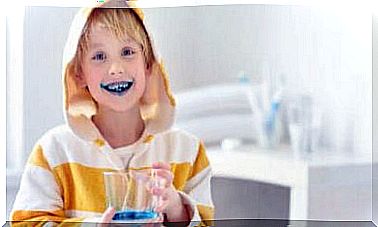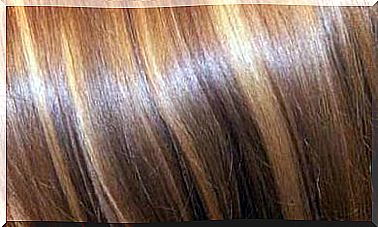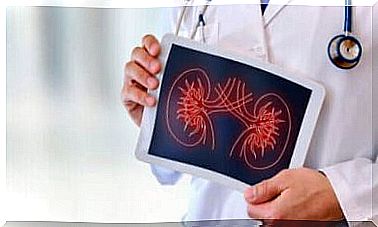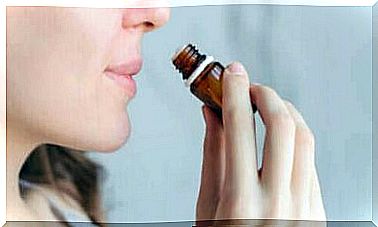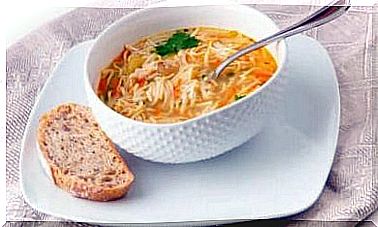What Are Antimicrobials?
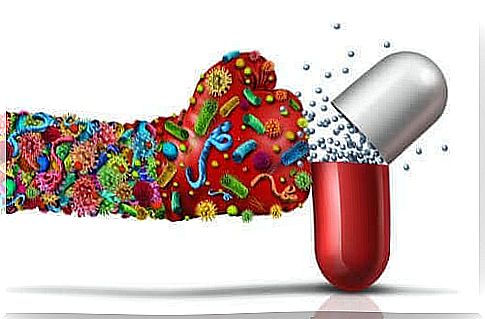
Antimicrobials are drugs that have the ability to stop the growth of various microorganisms. A particular antimicrobial substance will typically be effective depending on the type of microorganisms. In this regard, there are various effective microbial substances that fight against bacteria, fungi and parasites.
In this article, we will look at the different types of antimicrobials, their use, and their primary characteristics.
Types of antimicrobials
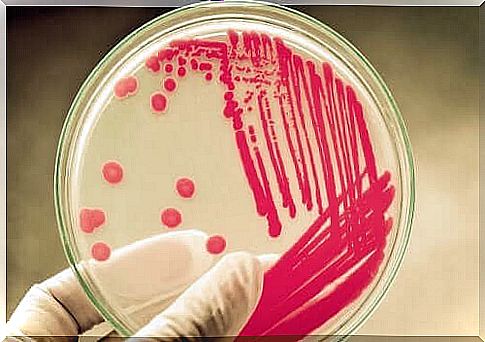
Overall, these types of medications can be classified based on two aspects:
- First, there is their mechanism of action.
- Secondly, there are the type of microorganisms.
Classification of antimicrobials according to their mechanism of action
According to this classification, we can distinguish between the following antimicrobials:
- Sterilizing substances.
- Disinfectants.
- Antiseptic or chemotherapeutic drugs.
Let’s look at all three of them.
Sterilizers
Sterilizers are able to kill any type of microorganisms. Two of the best known sterilizing agents are glutaraldehyde and ethylene oxide.
Physical methods such as heat, filtration and ionizing radiation are also used for this purpose.
Disinfectants
Doctors use disinfectants to kill microorganisms on unaffected material. This is because of the toxic effects they usually cause on living tissues. Overall, some of the most commonly used disinfectants are alcohol and iodine compounds such as betadine.
Antiseptic or chemotherapeutic drugs
Both of these have similar uses. One difference between them, however, is that antiseptics are applied directly to the damaged tissue to prevent the growth of microorganisms. On the other hand, chemotherapeutic agents are given intravenously.
Classification of antimicrobials by type of micro-organism
Below we will classify antimicrobial substances based on the microorganism they are fighting against.
Antibiotics
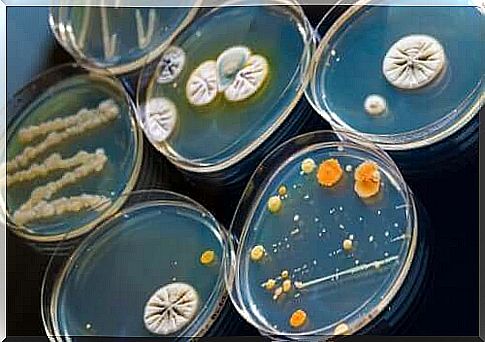
The term, antibiotic, refers to a chemical that kills or inhibits the growth of certain types of sensitive microorganisms.
As their name suggests, doctors use antibiotics to treat bacterial infections. Medical professionals use these drugs in both veterinary and human medicine.
They also do it together with anti-parasitic drugs and other antimicrobials. Overall , the goal of antibiotic treatment is to kill the microorganism.
Lastly, it is important to mention that self-medication with antibiotics is a serious health problem. The reason for this is that bacteria are able to develop resistance mechanisms for different types of antibiotics. The otherwise effective treatment therefore fails to work and antibiotics become ineffective.
Fungicides
These are also called antifungals. Overall , they are substances that stop the growth of or kill certain types of fungus.
As with antibiotics, many people self-medicate and abuse this type of medication. Unfortunately, this causes microorganisms to develop resistance to certain types of drugs.
Here are some of the best known antifungals:
- Itraconazole.
- Posaconazole.
- Fluconazole.
- Voriconazole.
- Caspofungin.
Remedies against parasites
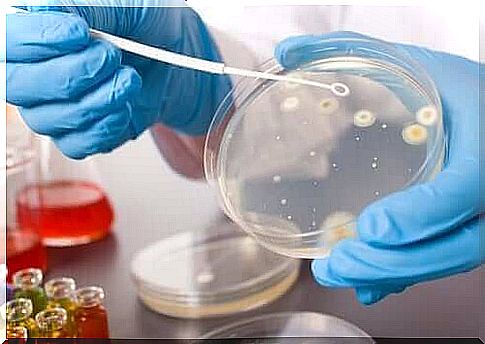
These antimicrobials are used in both veterinary and human medicine. They fight infections caused by bacteria and parasites. In addition, they are also used in the treatment of some types of cancer.
In general, the best known remedies for parasites are dewormers, such as:
- Albendazole.
- Mebendazole.
- Trimethoprim.
- Paromomycin.
- Metronidazole.
- Ivermectin.
Today, researchers are trying to discover other remedies for parasites with fewer side effects. In addition, they are also trying to combat the development of parasites’ resistance to commercial medicine.
Antiviral drugs
Medical professionals use these drugs to treat viral infections. Unfortunately, they are not able to cure the disease. However, they can relieve the symptoms.
They are thus able to reduce the degree of symptoms and the risk of suffering from complications. Overall, antiviral agents exist for each type of virus. However, doctors need to give them to their patients.
Conclusion on antimicrobials
Microbial substances are generally able to inhibit the growth of or kill various microorganisms. Doctors use one type or another depending on the particular infection or situation.
Microbial agents (antibacterial, antifungal, antiparasitic and antiviral) are not available without a prescription from your doctor. Self-medication with these types of medications thus promotes the development of the resilience of microorganisms. This can make treatment less effective for everyone.
